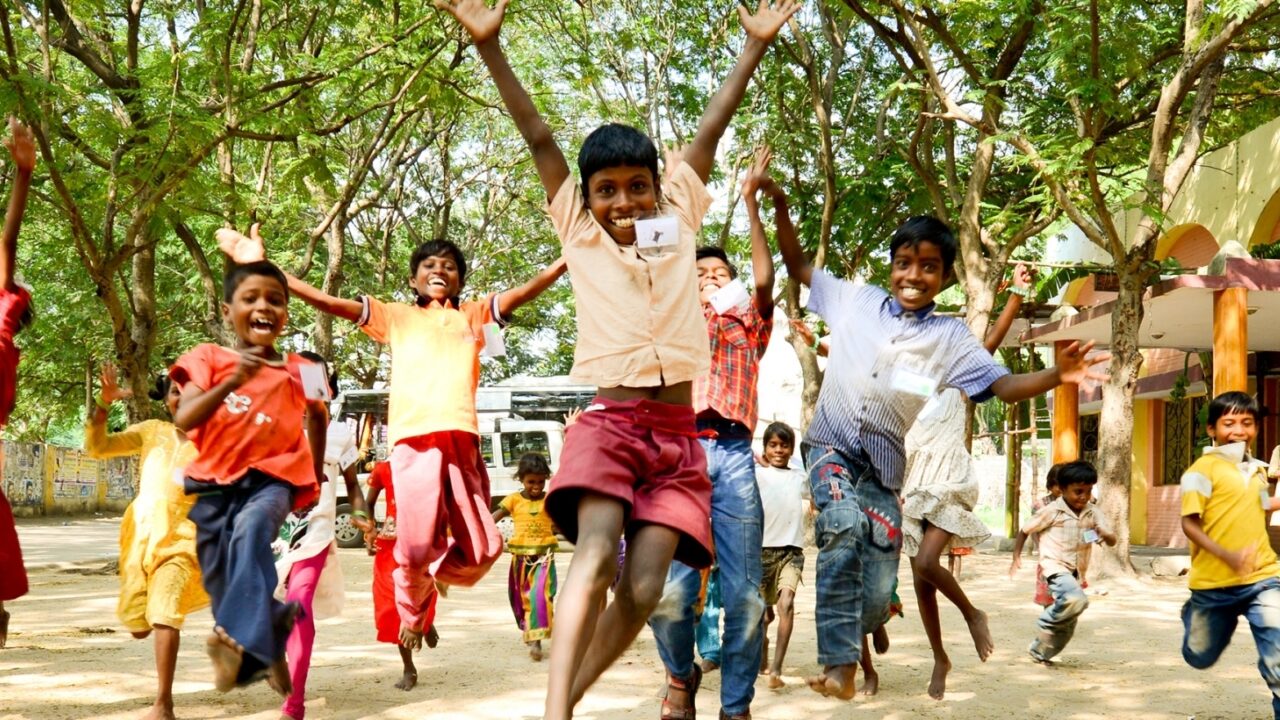
NGOCSTIP – India Strengthens Fight Against Human Trafficking by implementing critical changes in its Anti-Human Trafficking Unit in Lucknow. The city’s police department has introduced a new structure that places the unit directly under the supervision of the crime branch. This decision comes in response to rising concerns about the effectiveness of existing mechanisms to counter human trafficking. Over a two-year period from 2023 to 2025, 67 cases were handled, and 212 children were rescued from trafficking situations. Among them, 11 were reunited with their families. These numbers highlight the urgency behind the restructuring. The reformed unit now focuses on proactive prevention using advanced tools such as data analytics, strategic victim services, and improved regional collaboration. Special training for officers is being provided to better support survivors. With Lucknow as a model, similar frameworks may soon be implemented across India.
India Strengthens Fight Against Human Trafficking by transforming Lucknow’s Anti-Human Trafficking Unit into a more efficient and focused task force. The police integrated the unit into the crime branch to eliminate administrative bottlenecks and enhance inter-agency communication. Officers now respond rapidly to leads using digital tools and region-wide alerts. Teams across districts track and apprehend suspects beyond city boundaries through coordinated efforts. This transformation enables faster interventions and more effective investigations. Government officials recognize the model’s success and plan to replicate it in other regions. The reform improves operational speed and boosts outcomes for victims. Teams now identify and reintegrate victims more efficiently. Local NGOs provide essential aftercare services by partnering with the task force. Lucknow now represents a powerful example of how effective coordination and resource enhancement can drive real progress in the fight against human trafficking.
“Read about: Human Trafficking Thrives Where Policies Fail, Says GRETA’s 2024 Review”
One of the most notable achievements of the new Lucknow task force is the rescue of 212 children since 2023. These operations have shifted the focus from reactive raids to intelligence-led rescue planning. Collaborations with social workers and school authorities have proven especially effective. The presence of child protection units has been reinforced and child-friendly protocols are being adopted during interrogations and support sessions. Out of the rescued children, 11 have already been reunited with their families. Such reunifications require careful verification and counseling support for both children and guardians. This process ensures sustainable rehabilitation and lowers the risk of re-trafficking. Officers have also started to receive trauma-informed care training to better address emotional and psychological needs. The stories of rescued children have begun to inspire public awareness campaigns. Lucknow’s example is encouraging other districts to invest in community-driven identification and rescue networks.
A major innovation in Lucknow’s anti-trafficking approach involves the use of data analytics and digital case tracking. Authorities now map trafficking routes and suspect movements using software that detects anomalies in real-time. Officers gather intelligence reports from neighboring districts and distribute the data through a centralized platform. India Strengthens Fight Against Human Trafficking by prioritizing technology as a key part of operations. Investigators analyze surveillance feeds and mobile phone records to trace communications and dismantle organized networks. These tools increase both the accuracy and speed of investigations. Teams also take steps to protect privacy and maintain ethical standards in every digital process. Training programs teach officers how to interpret data fairly and responsibly. NGOs and cybercrime units collaborate to build safer online spaces and limit traffickers’ digital activities. Technology now drives both rescue missions and prevention efforts, forming the foundation of a smarter, more effective strategy.
“Read more: New RSV Shield for Babies: ACIP Endorses Clesrovimab for Infants”
Specialized training equips police personnel as a key element of the revamped anti-trafficking initiative. Officers join sessions focused on trauma care, cultural sensitivity, and survivor-centered interviewing. Authorities now recognize the psychological impact of trafficking and prioritize victim dignity along with long-term support. Communities engage more actively through school outreach, public workshops, and partnerships with advocacy groups. These actions increase community reporting and enable earlier interventions. Legal aid teams and shelter homes support the recovery process by offering resources. Service providers deliver medical care, education options, and skills training to survivors. India Strengthens Fight Against Human Trafficking by treating rescue as the beginning of a longer journey. Stakeholders continue to invest in survivor well-being to reduce the risk of re-trafficking. The Lucknow model demonstrates how strong community roles and well-trained officers make recovery achievable and help establish meaningful, lasting change.